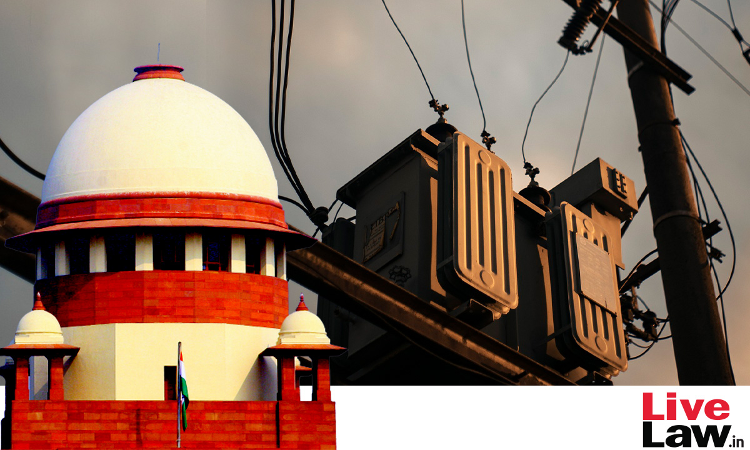State Electricity Regulatory Commission Can Refuse To Adopt Tariff Not Aligned With Market Prices : Supreme Court
Yash Mittal
9 Jan 2024 9:38 AM IST

Next Story
9 Jan 2024 9:38 AM IST
The Supreme Court has held that the State Electricity Regulatory Commission has a power to reject the adoption of tariff if it is not aligned with market prices. While adopting the tariff, the Commission is bound to take into consideration the protection of consumer interest. Reversing the order of the High Court and the Appellate Tribunal for Electricity (“APTEL”), the bench comprising...
